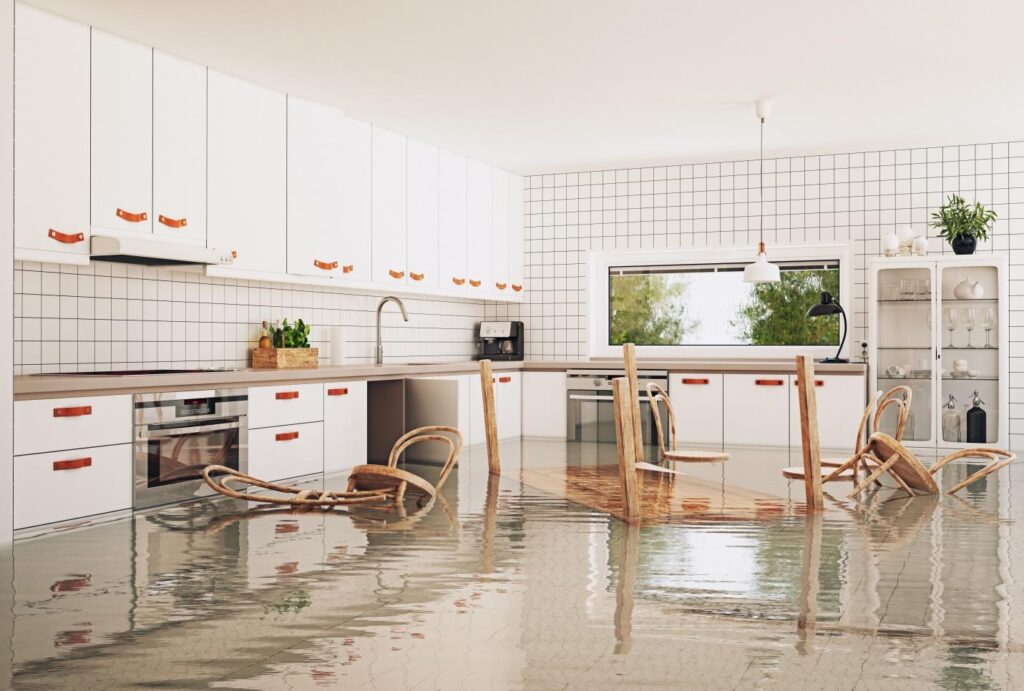No one wants a flood to happen. However, it is a natural disaster that can strike at any time. And when it does occur, it can cause extensive water damage to homes and businesses. So, the best thing you can do is prepare and know the steps you should take after such a disaster. To help you out, here are some tips you should follow:
Tip 1: Contact a Full-Service Disaster Restoration Company
When a flood occurs, the first thing you should do is to contact trusted flood damage restoration experts. But instead of calling a business that only focuses on repairing harms caused by an overflow of water, you may want to contact a full-service disaster restoration company.
Aside from the harm caused by the flood, there’s a high chance that you’ll also need to deal with other problems such as mold growth, high humidity levels, and damage to water, gas, and sewer lines. A full-service disaster restoration company handles all those issues. This means that you won’t have to contact other businesses to get all the help you need.
Tip 2: Contact Your Insurance Company
After a flood, it is recommended that you call your insurance representative or provider as soon as possible. Provide them with as many details as you can. Doing so will help you secure the compensation you need. They may also provide access to emergency support, such as pumping your flooded property.
This will also be the right time for you to inquire about your insurance policy. If you’re not sure what damages are covered by your guarantee, you may clarify it with your provider.
You may also ask your insurance provider if your region is labeled by the local government as a disaster area. If it is, then you may be eligible for financial assistance and other resources you can use to restore your property.
Tip 3: Conduct an Inspection
While waiting for the professionals to arrive at your place, you may conduct your own inspection to know the extent of the damage. But make sure to wear protective equipment such as boots, gloves, and masks. Remember that your safety should still be on top of your priorities.
Before entering your property, make sure to check the walls and floors first to ensure that the building is structurally sound. If you notice any buckling, you shouldn’t push through with your mission.
But if you’re sure that it’s safe for you to enter your property, you should still be careful and watch out for any broken glass or cracks on the floor. You should also avoid going through floodwater, as it may be contaminated, and you don’t really know what’s under the surface.
Tip 4: Document the Damages
While doing your inspection, you should consider documenting all the damages you find. Take pictures or videos if you can before tampering with your possessions. Such photos can serve as evidence when you file for an insurance claim.
Your insurance provider may also send a claims adjuster to inspect your property and document the damage your home has incurred from the flood. But this doesn’t mean that you have to wait for the agent to arrive. You can do the documentation yourself and present it to the insurance company.
Tip 5: Take Action
Once you’ve already documented the damages in your property, you can start securing it to avoid further harm. If you have broken windows or doors, for example, you may put plywood boards over them. And if your roof has been damaged, you may use a tarp as a temporary cover. Sealing such openings can help you protect your home’s interior from wind, sun, or water damage.
You may also start gathering and securing any important belongings like legal papers, certificates, photos, and other treasured items. Remember to save even those documents or pictures that have been damaged by water. A full-service disaster restoration company has professionals that can help you bring those things back to their original state.
Get in Touch With a Full-Service Disaster Restoration Company!
If you have questions, clarifications, or if you want to learn more tips on what you can do after a flood, reach out to a full-service disaster restoration business today. Their experts will surely be happy to answer your queries about flood damage restoration and assist you in any way they can. Contact them now!


